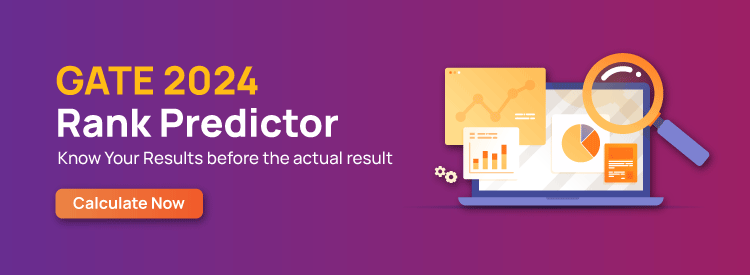DBMS and RDBMS: What is the Difference Between DBMS and RDBMS
A database is a collection of organised or arranged data that can be easily accessed, updated/ modified or controlled. Information within the database can be easily placed into rows and columns, or tables. Meanwhile, database management enables the user to store, manage and access data. Knowing the definitions and the difference between relational database management system and database management system will help candidates to prepare well.
Ultimate Guide to Kickstart your GATE Exam Preparation
Download the e-book now
Here, in this article, we have classified database management methods that include:
- Database Management System (DBMS)
- Relational Database Management System (RDBMS)
What is a Database Management System(DBMS)?
Database Management System (DBMS) is software used to identify, manage, and create a database that provides administered access to the data.
What is a Relational Database Management System (RDBMS)?
Relational Database Management System (RDBMS) is a more advanced version of a DBMS system that allows access to data in a more efficient way. It is used to store or manage only the data that are in the form of tables.
What is the Difference between DBMS and RDBMS?
DBMS stands for Database Management System, and RDBMS is the acronym for the Relational Database Management system. In DBMS, the data is stored as a file, whereas in RDBMS, data is stored in the form of tables. To know what is the difference between RDBMS and DBMS, check out the table below.
Difference between RDBMS and DBMS
| RDBMS | DBMS |
| Data stored is in table format | Data stored is in the file format |
| Multiple data elements are accessible together | Individual access of data elements |
| Data in the form of a table are linked together | No connection between data |
| Normalisation is not achievable | There is normalisation |
| Support distributed database | No support for distributed database |
| Data is stored in a large amount | Data stored is a small quantity |
| Here, redundancy of data is reduced with the help of key and indexes in RDBMS | Data redundancy is common |
| RDBMS supports multiple users | DBMS supports a single user |
| It features multiple layers of security while handling data | There is only low security while handling data |
| The software and hardware requirements are higher | The software and hardware requirements are low |
| Oracle, SQL Server. | XML, Microsoft Access. |
Keep learning and stay tuned to get the latest updates on GATE Exam along with GATE Eligibility Criteria, GATE 2023, GATE Admit Card, GATE Application Form, GATE Syllabus, GATE Cut off, GATE Previous Year Question Paper, and more.
Also Explore,
- Difference Between print() and println() in Java
- Difference Between IMAP and POP3
- Difference Between Procedural and Object Oriented Programming
- Difference between SQL and NoSQL
- Difference Between SRAM and DRAM
- Difference Between Structure and Union in C
- Difference Between TCP and UDP
- Difference between URL and URI
- Difference between Where and Having Clause in SQL

Comments